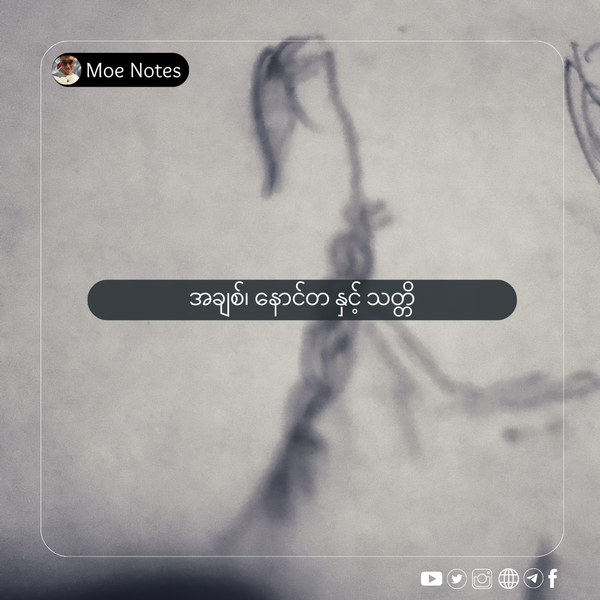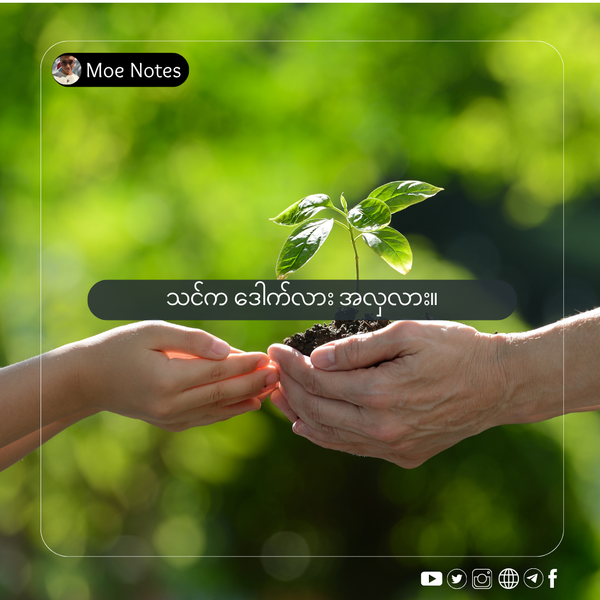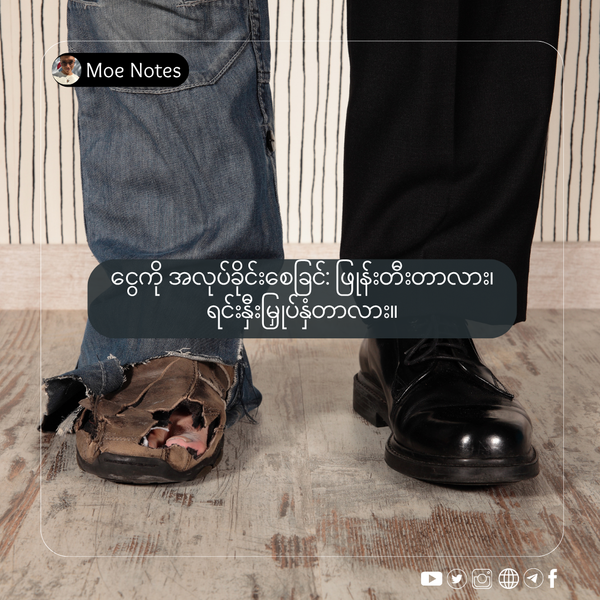A Guide for Younger Students (Grade 7-9): The IGCSE Pathway and How to Prepare

This article is also available in [Burmese]
"What is IGCSE? Which subjects should I choose? What are the challenges? And where can it lead?"
Following the previous article warning about the GED, this guide will focus specifically on the robust IGCSE pathway for younger students (Grade 7, 8, and 9) coming from the Myanmar government school system, detailing the necessary preparations for this journey.
Your Starting Point: A Quick Review of Your Goals
Before you begin, quickly review your core objectives:
- Your Academic Qualification: (Your current grade level)
- Your Budget: (Your sustainable annual budget)
- Your Timeline: (How soon you want to go abroad)
- Your Intended Major:
- Your Target Country:
- Your Background: (Family business or self-made path?)
Part 1: The Recommended Pathway - From Middle School to Pre-University
For students in this age group, the most reliable and effective educational pathway is as follows:
The Recommended Journey: Myanmar Grade 7/8/9 → Pre-IGCSE → IGCSE (O-Levels) → Foundation (A-Level or equivalent diploma) → University Abroad
Estimated Timeline:
- Pre-IGCSE: Varies depending on your educational background.
- IGCSE (O-Levels): 2 years.
- Foundation / A-Levels: 1-2 years.
- Total: This entire process can take 4 or more years. It is critical to understand that this is a marathon, not a sprint.
Part 2: The Preparation Phase - Building a Strong Foundation
A sudden switch from one educational system to another is difficult for any student. If preparation is weak, it can be so overwhelming that students develop a "fear" of learning, to the point where they become unreachable. The purpose of preparation is to make the transition smoother and more efficient.
English: Learning Beyond the Classroom
At this age, it is too early and often counter-productive to drill for an exam like IELTS. You still have 3-4 years before you need to take that kind of test. The main goal is to create a low-pressure, enjoyable environment of immersion.
- Beyond Formal Classes: Instead of generic 4-skill tuition, consider enrolling your child in a program like the British Council, where language is taught more naturally.
- Self-Paced Learning: Encourage reading for pleasure, watching films, and using applications like Duolingo.
- My Personal Experience: When I was this age, I became interested in fitness, so I watched gym videos. I was interested in technology, so I watched YouTube reviews. This is how I learned English indirectly, by following my own interests. This is the most effective way.
Part 3: Navigating the IGCSE Journey - A Step-by-Step Guide
Stage 1: Pre-IGCSE (The Bridge to International Education)
This stage, often called "Lower Secondary," is designed for students coming from the Myanmar system. It typically lasts one year and helps build the foundational English and analytical skills needed to succeed in the IGCSE curriculum.
Stage 2: IGCSE (O-Levels) - Choosing Subjects to Shape Your Future
It is strongly recommended to take the standard 2-year IGCSE course. "Intensive" 1-year courses often prove to be inefficient and stressful due to exam schedules. The most critical decision at this stage is subject selection.
- Connect to Your Major: Choose subjects required for your future university degree. For Architecture, a focus on Maths, Physics, and Arts & Design is crucial.
- Choose Smart, Not More: IGCSE offers over 80 subjects, but you do not need to take many. Focus only on what is necessary for your chosen path.
What Can You Do After IGCSE?
After passing your O-Levels, several pathways open up:
- Enroll in a Foundation Programme (like OSSD or a US Diploma) in Myanmar.
- Travel abroad for a one-year university Foundation course.
- Enroll in certain private universities in countries like Thailand.
- Begin an HND Diploma at a private university in Myanmar.
Part 4: Dangers and Advice - The Reality of the Journey
1. The Teacher Problem: Old Methods, New System
A major challenge is that many IGCSE teachers in Myanmar still use the old "rote learning" method from the national curriculum. Instead of fostering critical thinking, they teach students to memorize answers for the exam, which defeats the purpose of an international education. (If you ask anyone who passed matriculation in the 90s, they will tell you the teaching methods have barely changed.)
2. The Social Problem: A Warning About a New Environment
The IGCSE community is often comprised of children from affluent families. Without strong parental guidance, this environment can be risky for impressionable teenagers.
- Warning Signs: Be aware of sudden changes in your child. The smell of perfume to mask cigarettes or vape, the smell of marijuana ("like green, pungent leaves"), or suddenly darkened lips can be red flags. Clubs, bars, and drugs are unfortunately prevalent and accessible, so do not be complacent.
3. Understanding "Foundation" and Other Systems
The "Foundation" period is the pre-university stage, with several options:
- OSSD: The Ontario Secondary School Diploma from Canada (1 year).
- GCE A-Level: The UK curriculum (2 years).
- US Diploma: Often paired with SAT/AP exams (1 year).
- IB (International Baccalaureate): Another international curriculum that can be started at a young age.
Be wary of lesser-known pathways. To verify if a local school is a legitimate partner of a foreign institution, check the foreign institution's website for their official list of agents in "Burma/Myanmar" and see if the local school is listed, or directly email them.
My View
The switch from the Myanmar system to IGCSE is an excellent move, provided that:
- The student's English improves.
- The teachers use international teaching standards.
- The student is genuinely motivated to learn.
- The approach to learning shifts from memorization to critical thinking.
I support any curriculum outside the Myanmar system. But please, do not enroll in a bad IGCSE program that yields no results; you would be better off staying in the government school.
Conclusion: A Final Word for Parents and Students
Both parents and students have a role to play in this journey.
- To Parents: Please have open conversations with your child. Listen to their struggles. Do not use force. Give them this article to read.
- To Students: Please communicate your needs to your parents; they may not be familiar with this system. Demand your right to a good education. Do not lose your way. Every effort you make now will be worth it. Look at me—I thought studying for matriculation was useless, but at least I learned to write a little! (Haha).
If you don't know where to start, start with this article. Ask questions. Do your research. Be proud of every step you take, and use that pride to build momentum for the next one.



